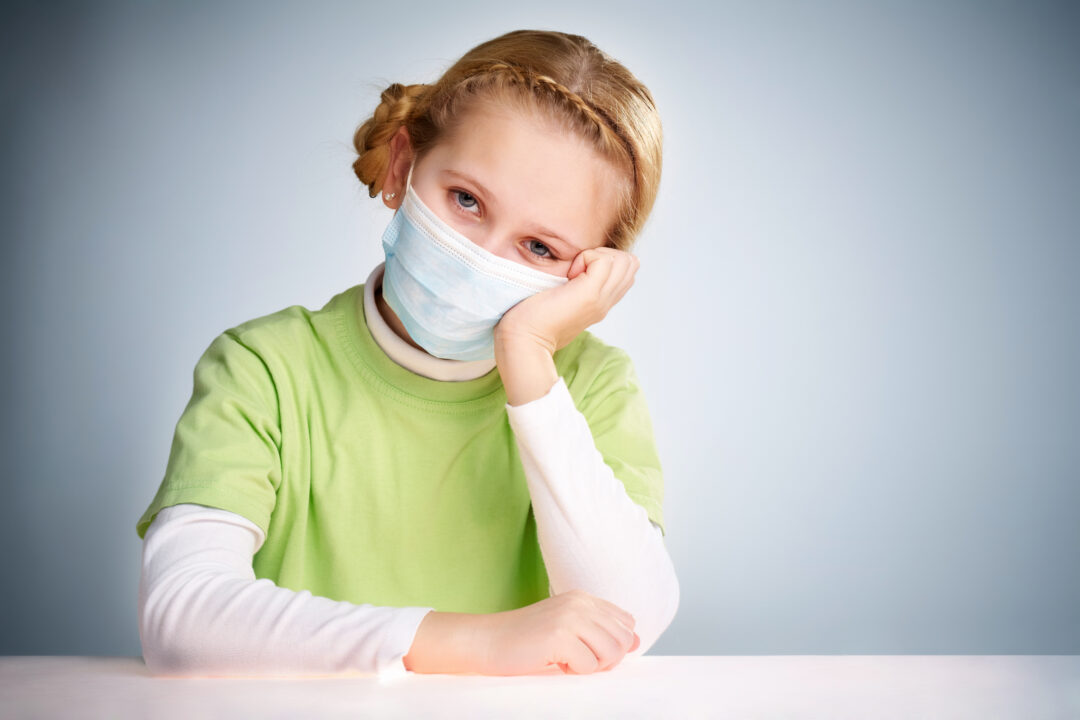The COVID-19 pandemic is triggering a wide variety of emotional, physical, and economic issues. There is extreme distress and children and adults alike are reporting worry, fear, hurt, and anger along with symptoms and reactions such as anxiety, depression, fatigue, difficulty focusing, problematic behavior, and the use of at-risk coping skills such as substance abuse. There is grief over what has been lost, and uncertainty about how to navigate daily life and concerns about what the future holds. Exposure to the pandemic, however, does not fit neatly within prevailing Post-Traumatic Stress Disorder (PTSD) DSM-5 diagnostic criteria. This is because the DSM-5 attributes traumatic stress reactions to past, and largely direct, exposure to certain life-threatening events, and thus do not readily account for emerging evidence that COVID-19 is associated with PTSD symptomology (Bridgeland, et al., 2021)
Fortunately, there is literature appearing that provides us with names for all we are experiencing related to the pandemic. Post-COVID Stress Disorder and Pandemic Trauma and Stress Experience refer to the abundant responses and psychological consequences of the COVID-19 pandemic (Taxman, Owen & Essig, 2021).
Protective Factors
- Social support
- Financial stability
- Healthcare resources
- Safe workplace
- Wellness programs
Traumatic Stress
- Severe illness
- Hospitalization
- Witnessing death
- Death of a loved one
- Extreme exposure to COVID-19 details
General Stress
- COVID-19 exposure and quarantine
- Social isolation
- Employment and/or income loss
- Working from home with children
- Being a caregiver
- Making difficult decisions about health, education, finances, etc.
For individuals, this includes features reflecting the harmful consequences of accumulating stress and trauma. However, there are also features that reflect resilience and positive adaptations.
- Fear for the future, weariness for the present, and grief for a lost past.
- Increased frustration and despair.
- Increased withdrawal, isolation, and fear of others as a source of the infection.
- Loss of focus, both on specific tasks as well as general goals.
- Increased mental mistakes and “fuzzy thinking”.
- Hypervigilance to potential losses.
- Realistic worries about finances.
- Disruptions of normal patterns of behavior.
- Closer family ties and reliance on friends.
- Increased altruism, including worry about others.
The experience is real and we are feeling it. For many, the use of Post-COVID Stress Disorder and Pandemic Trauma and Stress Experience provide us with ways to name and validate the impact of the pandemic on our lives.
Bridgland, M., Moeck, E., Green, D., Swain, T., Nayda, D., Matson, M., et al. (2021). Why the COVID-19 pandemic is a traumatic stressor. PLoS ONE 16(1): e0240146. https://doi.org/10.1371/journal.pone.0240146
Taxman, J., Owen, G. & Essig, T. (2021). Pandemic Trauma and Stress Experience (PTSE): Adapting Together. For the APsaA Covid-19 Advisory Team. Webinar January 2021
Tucker, P. & Czapla, C. (2021). Post-COVID Stress Disorder: Another emerging consequence of the global pandemic. Psychiatric Times. Volume 38: Issue 1.




